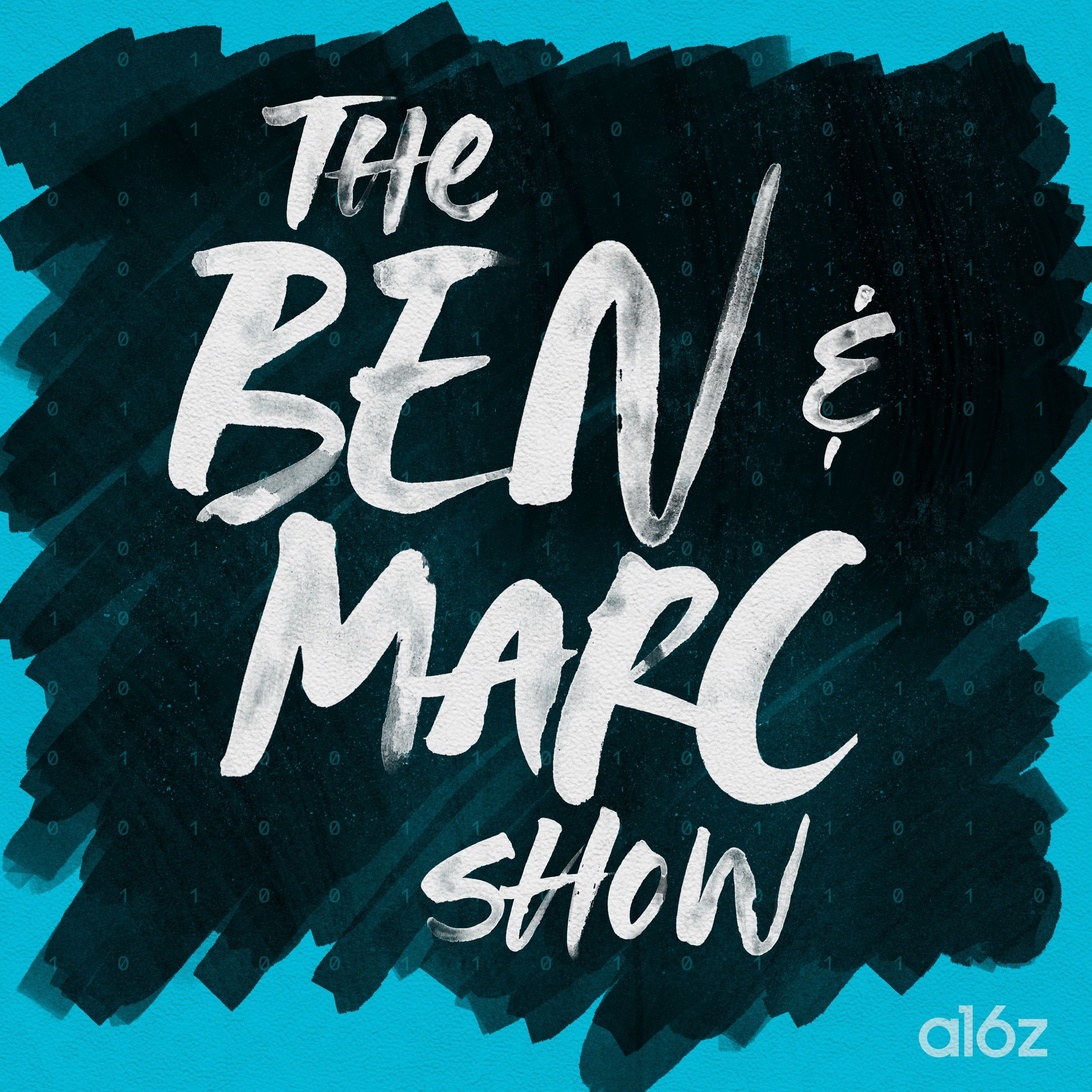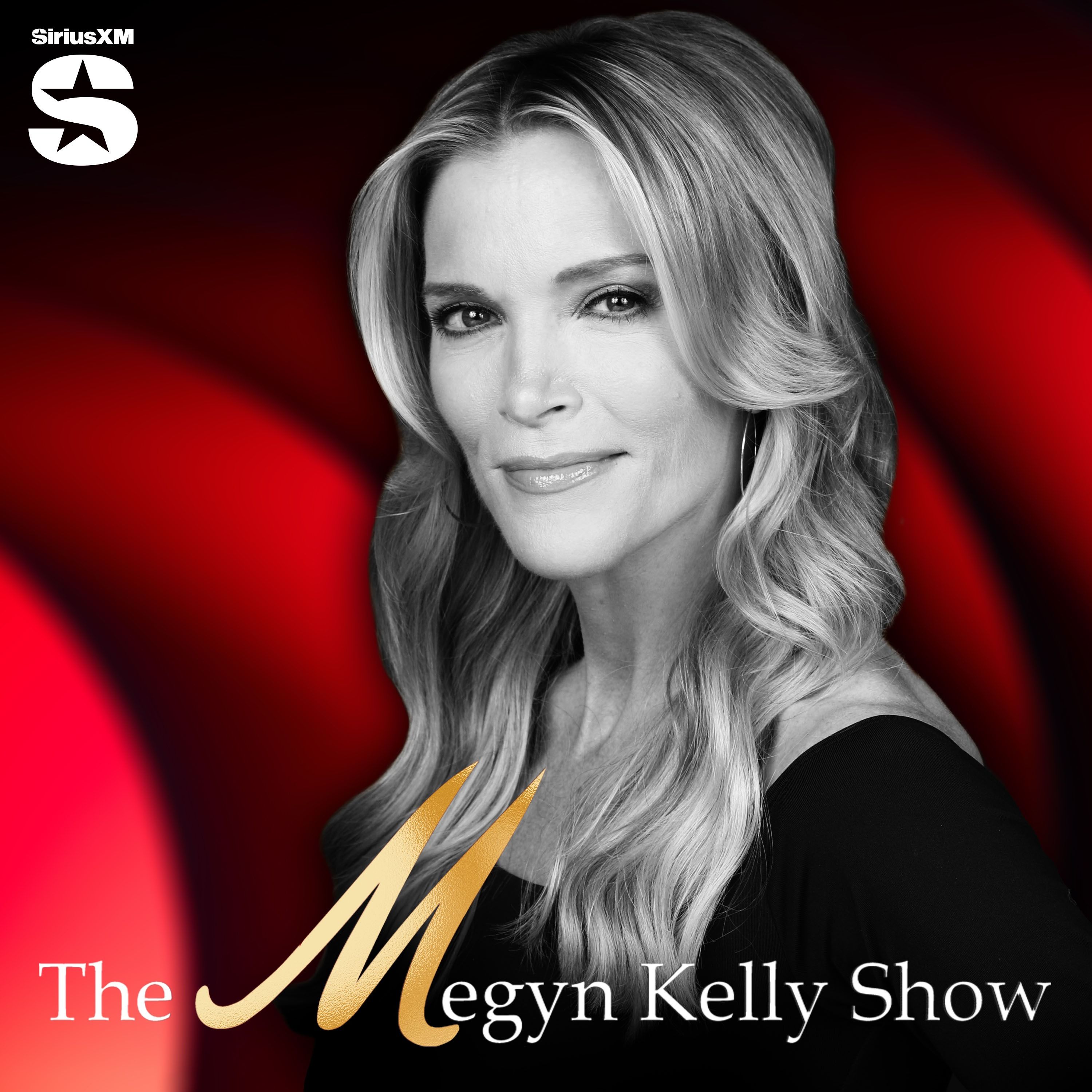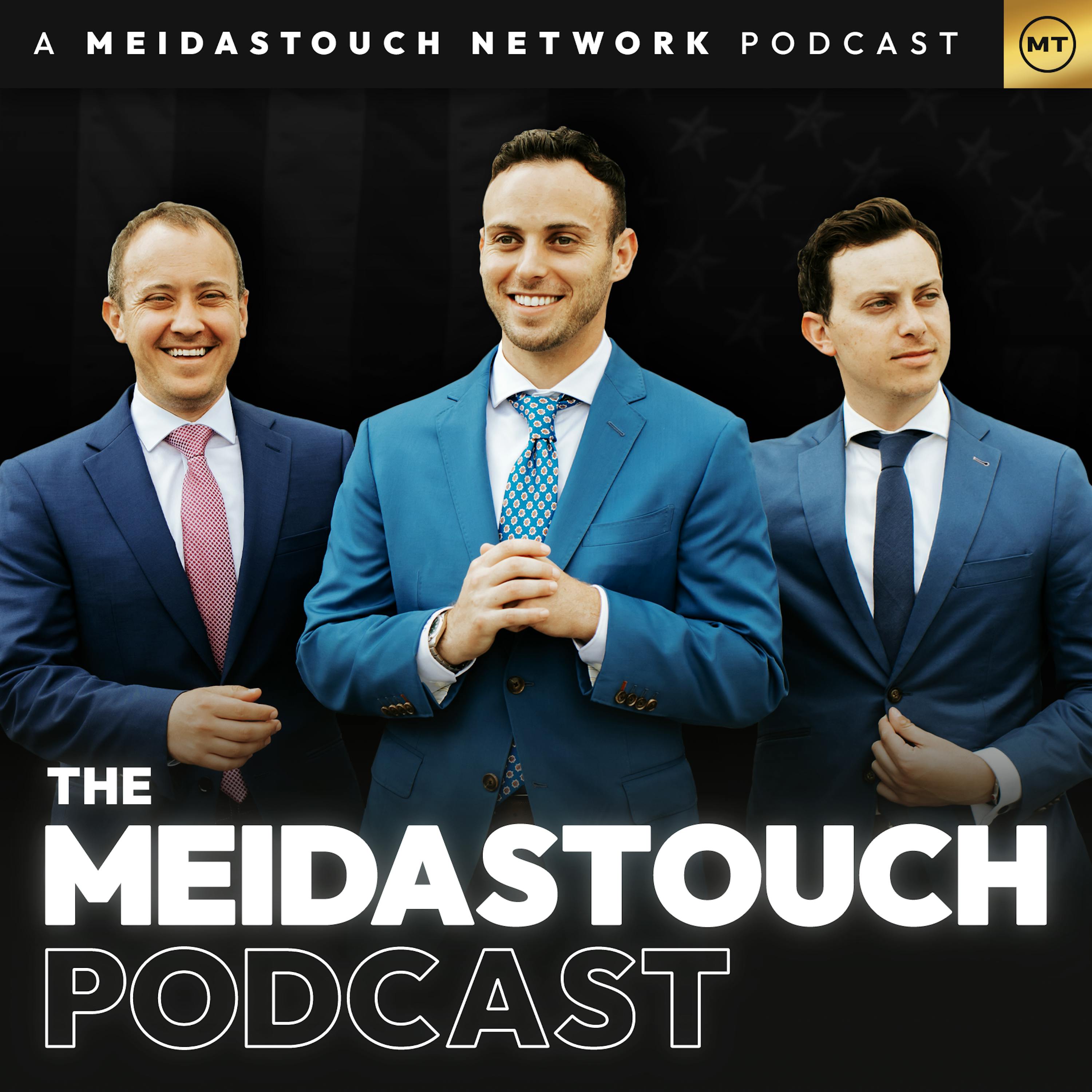PortalsOS
Related Posts
Vote to see vote counts

David Senra's podcast is not just about sharing information but building relationships at scale. He sees podcasting as a way to connect with like-minded individuals and build trust.

Podcasts have become a significant platform for political discourse, offering a space for more nuanced and lengthy discussions compared to traditional media.

The biggest mistake in podcasting is focusing more on what you want to say than on what people want to hear. It's not about catering your message to the audience, but understanding that people want to hear what you're good at. For me, it's providing authoritative takes on the news.

The podcast host expresses gratitude and admiration for Pete Scobell, highlighting the significance of their conversation and the courage it takes to share personal experiences.

The host reflects on the trend of long podcast interviews, noting that not everyone has the skill to keep a conversation interesting for hours like Joe Rogan.

Chelsea Clinton is launching a podcast aimed at combating misinformation, particularly in public health, despite criticisms of her lack of expertise in this area.

Don Lemon's recent comments on white men reflect a broader societal tension and highlight his struggle to transition from traditional media to podcasting.

The podcast emphasizes the need for Democrats to fight misinformation and focus on issues that matter to the public, like health care and economic stability.
David Senra's approach to podcasting is driven by a love for the craft and a desire to create something he is proud of. He values the process over the pursuit of fame or numbers.

October 16th, the premiere of Friendly Fire. Mics on, moderators off. This is where the most trusted voices in conservative media get. Join me, Ben Shapiro, Michael Knowles, Andrew Clavin, and special guest Isabel Brown for conversations you won't hear anywhere else.
